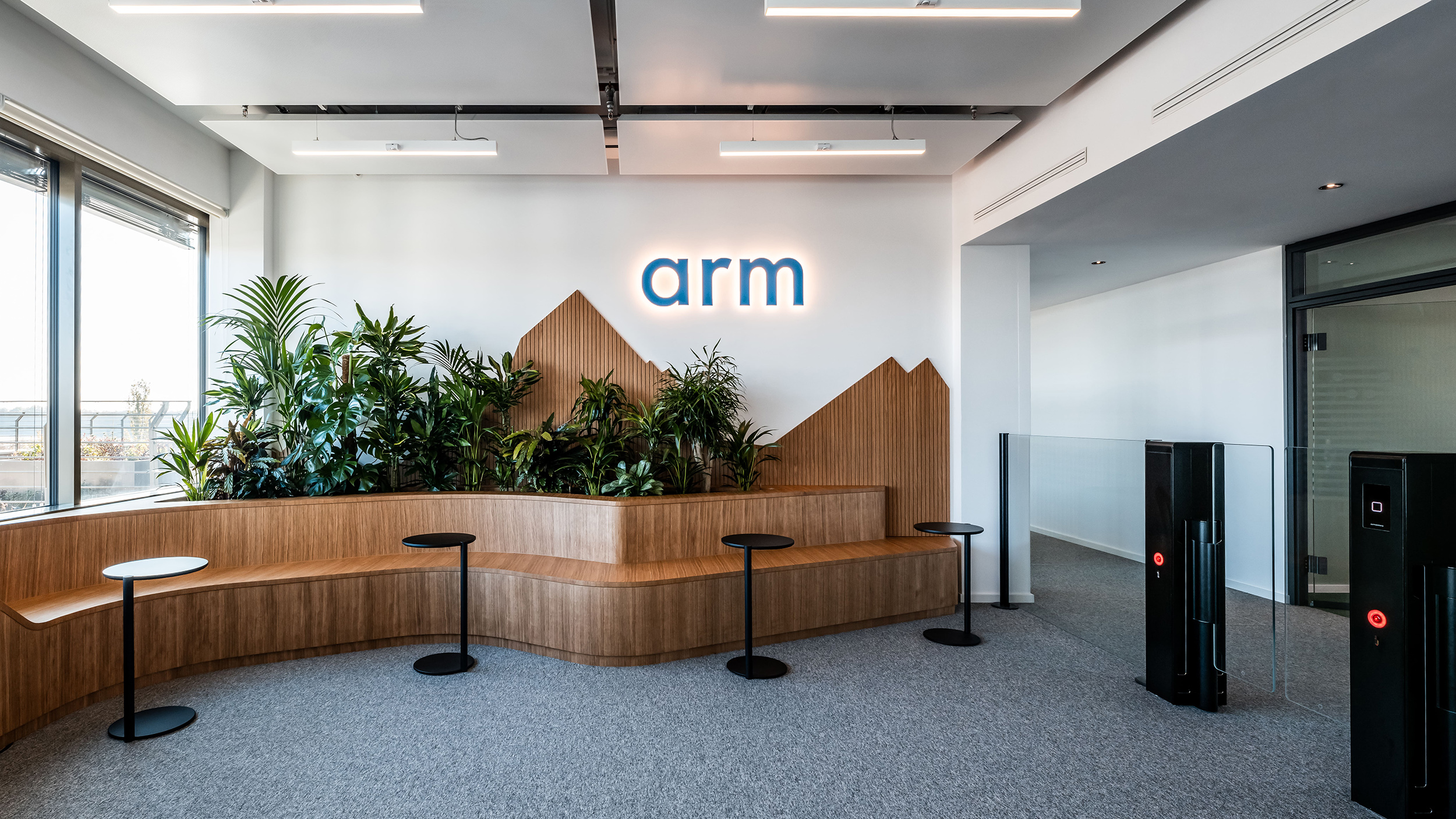Arm considers acquisition of Oracle-backed Ampere Computing to expand data center footprint
Ampere designs processors for data center systems based on Arm's architecture

Arm is reportedly exploring a potential acquisition of Ampere Computing, a startup focused on high-performance processors for data centers. According to Bloomberg, Arm is evaluating various strategies, including a full acquisition or alternative forms of collaboration, as it aims to strengthen its presence in the growing market for cloud computing infrastructure.
Ampere Computing, backed by Oracle, specializes in designing Arm-based chips for data centers, offering an energy-efficient alternative to traditional x86 processors from Intel and AMD. The company has carved a niche in the competitive semiconductor market, capitalizing on the rising demand for chips optimized for cloud-native workloads and scalable server environments. We have also seen Ampere's chips employed in computers that may interest PC enthusiasts - like the recently released Thelio Astra from System76 featuring up to a 128-core Ampere Altra Max CPU.
The potential deal is seen as part of Arm’s broader strategy to diversify its revenue streams and expand its foothold in the lucrative data center market. While Arm dominates in the mobile and embedded chip sectors, the data center segment has traditionally been dominated by x86 architecture. Ampere’s focus on Arm-based chips aligns with Arm’s ambitions to challenge the x86 incumbents and establish itself as a significant player in the server space.
Ampere’s flagship products, such as the Altra and Altra Max processors, have gained traction among cloud service providers for their performance-per-watt efficiency and ability to handle modern workloads. A merger or acquisition could enable Arm to leverage Ampere’s expertise and customer base, accelerating its penetration into data centers.
While the potential acquisition offers strategic synergies, it also raises questions about Arm’s ability to navigate regulatory and competitive pressures. Given Arm’s neutral position as a licensor of its chip designs to a broad range of customers, acquiring Ampere could create potential conflicts of interest with other companies in the Arm ecosystem that compete in the server market.
Additionally, any acquisition would likely attract scrutiny from regulators, especially as Arm prepares for its next phase of growth following its recent IPO. SoftBank and Arm will need to carefully evaluate whether a full acquisition or a strategic partnership with Ampere would better align with their long-term objectives.
As discussions remain in the early stages, it is unclear whether Arm will proceed with a full acquisition or opt for a different arrangement with Ampere. Both companies have declined to comment on the matter.
Get Tom's Hardware's best news and in-depth reviews, straight to your inbox.

Kunal Khullar is a contributing writer at Tom’s Hardware. He is a long time technology journalist and reviewer specializing in PC components and peripherals, and welcomes any and every question around building a PC.
-
bit_user Reply
So far, Amazon, Microsoft, and Google all have their own ARM-based server CPUs. All are using off-the-shelf ARM IP, but with specs customized to their needs and just cutting the middle man out of the supply chain. So, there's a definite cost advantage, as well as almost certainly an efficiency advantage from going with ARM.hotaru251 said:i do wonder what data center chooses to go arm when EPYC exists?
In buying Ampere newer CPUs, you no longer get ARM's cores and you don't really get a cost advantage. That makes them a harder sell, I think.
Nvidia's Grace CPUs are a slightly different situation, where they're highly-customized for being integrated into the switch fabric with GPUs. So, that eliminates the possibility of them using any off-the-shelf CPU, although they're also using ARM IP for the cores and probably most other key elements. -
bit_user Reply
This hasn't been true for a while. Ampere Altra launched in 2020, competing against Zen 3-based EPYC and Cascade Lake. Even their move to 128 cores, in 2021, wasn't going to keep Altra relevant for very long.The article said:Ampere’s flagship products, such as the Altra and Altra Max processors, have gained traction among cloud service providers for their performance-per-watt efficiency and ability to handle modern workloads.
Altra was superseded by AmpereOne, around the middle of 2024. It followed Altra's approach of being more efficiency-oriented than performance-focused, but I'm not sure it found many takers, due to the biggest cloud providers already having engaged the ARM ecosystem at a deeper level. For those besides the ones I listed, Marvel (which scooped up ARM CPU designer Cavium) or Broadcom will cook them up a custom ARM-based cloud CPU, made to order.
If ARM buys Ampere, it'd be discarding Ampere's main differentiator, which is its custom core design team. That said, if Qualcomm makes another attempt to get back into the server CPU business, or if AMD does the same, there could still be some diversity of options to those in market for anything other than ARM's own IP.
This isn't even the main conflict of interest. IMO, ARM should be made to spin out its ISA licensing & support business, to avoid being in competition with their ISA customers.The article said:Given Arm’s neutral position as a licensor of its chip designs to a broad range of customers, acquiring Ampere could create potential conflicts of interest with other companies in the Arm ecosystem that compete in the server market.
As far as ARM building entire server CPUs, that would (temporarily, at least) cease to be a problem, since the only company building ARM ISA server CPUs and selling them on the open market is Ampere.